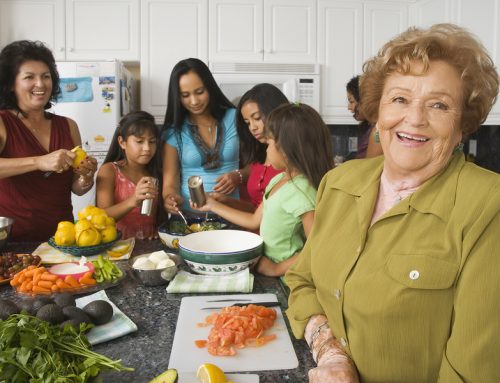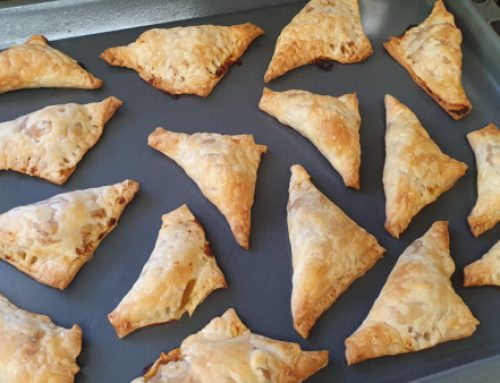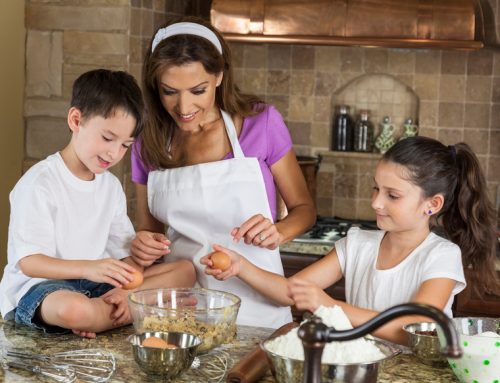Life is full of learning. Children, whether young or at school, are born curious and resilient. Their brains are like sponges, soaking up as much information they can from every opportunity they encounter.
However, when I say learning, it is not just about learning to count or read, it is about learning about themselves and the world around them. It is about learning on a cellular level, that is – how they learn about themselves, how they handle their emotions, how they make decisions and how they get along with people.
How do children learn?
Children learn from the moment they are born. They learn from the people closest to them, i.e. parents, grandparents, siblings, extended families and the community, through everyday interactions, and communication.
For example, for babies, they learn how to get their parents attention through their crying or the sounds they make. They will then learn whether they may be picked up by adults, or be fed, or both, or be ignored if they cried. If they are ignored, they will experiment and try using other gestures and see what the results maybe…
As for toddlers, they will learn that if they throw the ball, the adults may pick it up for them. Or if they put their hands up and make a certain sound or gesture, they learn that the adults may pick them up and give them a big hug.
They learn to form words, while copying the actions, values and beliefs of adults around them, whether they be family, friends or the community.
For preschoolers, the learning curve increases rapidly. It is a time where they learn about empathy, how their actions may impact the other party, and they learn to give and take. It is the beginning of learning about negotiation and how to form relationships with other people.
This is a crucial time for your children, as this is when they form their beliefs and values and their views about the world.
Learning starts at home. Let those daily interactions be spontaneous, unplanned, fun, loving, full of laughter and something that you would enjoy doing together with them, such as shopping together, baking, cooking, doing house chores, gardening, folding clothes, changing bedsheets etc.
This is also a great opportunity for parents and carers to impart their wisdom and positive values to them. And depending on how well children learn and adapt, it will have a great impact on their readiness to interact, both in school and with the society around them.
Remember, children learn best when they feel loved, accepted, safe and belonged. Make those memorable and shared moments fun and loving, because when they are feeling safe and happy in their environment, they learn to trust themselves and their abilities to explore and take risks.
Parents, you are the closet to your children, they depend on you for their survival and well being. They look up to you for guidance. Be your children’s mountain and their biggest supporter! And have fun together.






Leave A Comment